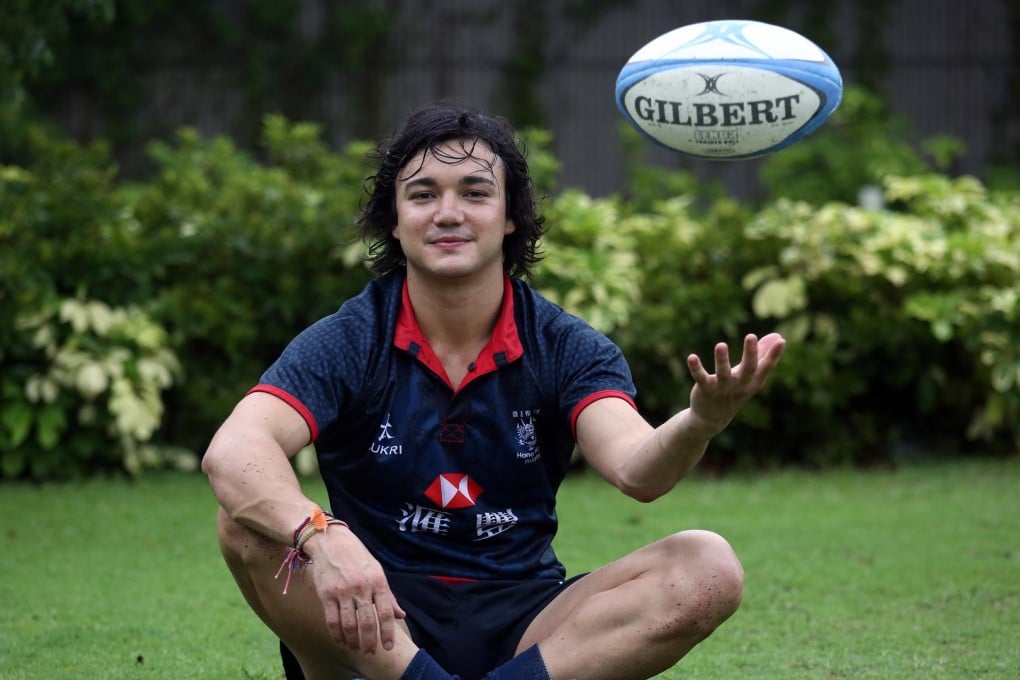How a Cathay pilot and Hong Kong rugby sevens player keeps fit

Most people would count themselves lucky if they were paid to pursue one of their passions; Keith Robertson has somehow managed to get paid for pursuing two. Robertson, 28, is a pilot for Cathay Pacific as well as a part-time professional rugby player with the Hong Kong Rugby Sevens team.
"When I was growing up, I always wanted to be a sportsman," he says.
The sporting prodigy quickly progressed through the ranks of junior rugby before being selected to play for Hong Kong at the Asian Games in Doha in 2006.
In those days rugby was not a professional sport, as it is now, supported by the Hong Kong Sports Institute, so Robertson headed to university. Unsure of his career, he chose to study finance and accounting in Britain but, he says: "All I learned was why I didn't want to be an accountant."
After finishing university Robertson became one of a handful of rugby stars supported by the Hong Kong Rugby Football Union to train as professionals. "But there were only four of us and it wasn't sustainable."
While playing rugby in Kazakhstan a few months later he had a eureka moment. His roommate Mark Goosen, a former kindergarten teacher, was studying to become a pilot under the Cathay Cadet Pilot Programme. Robertson thought he could do the same.